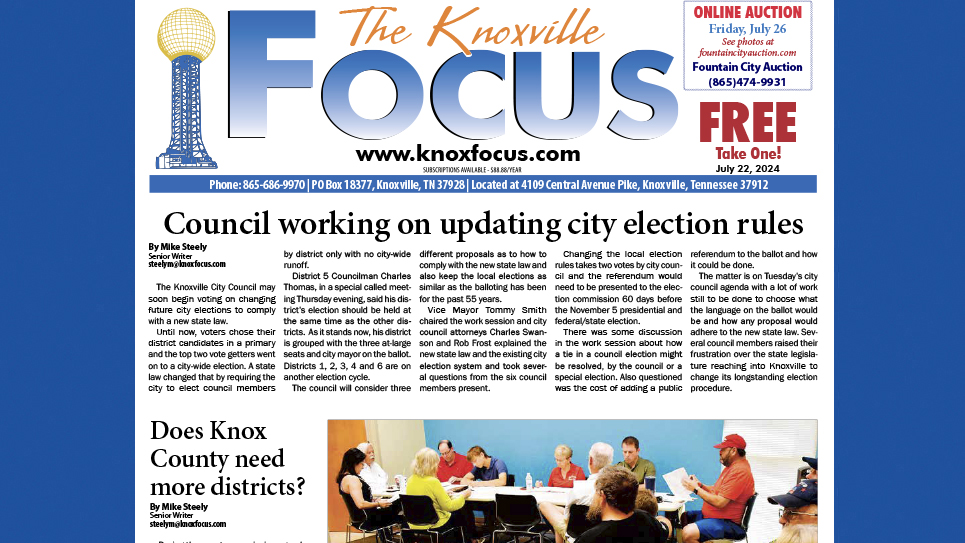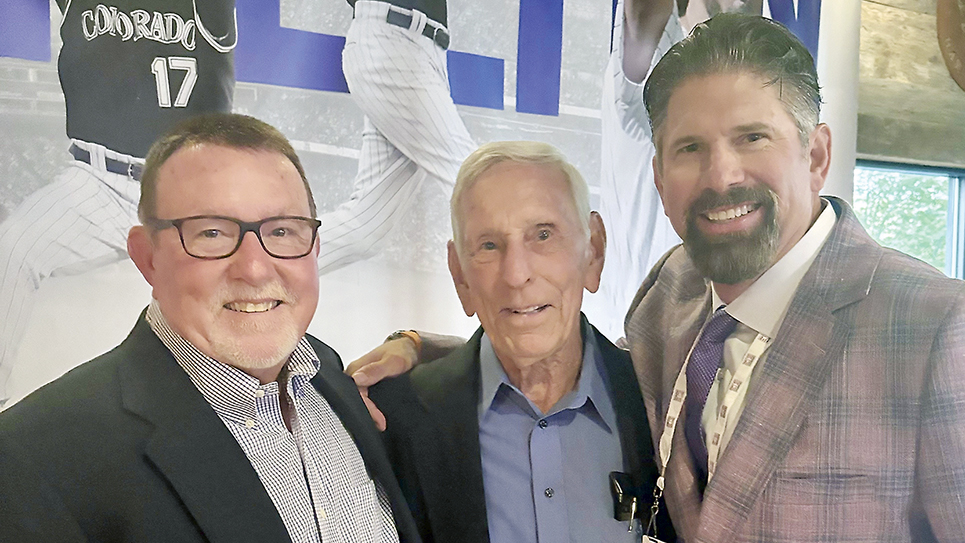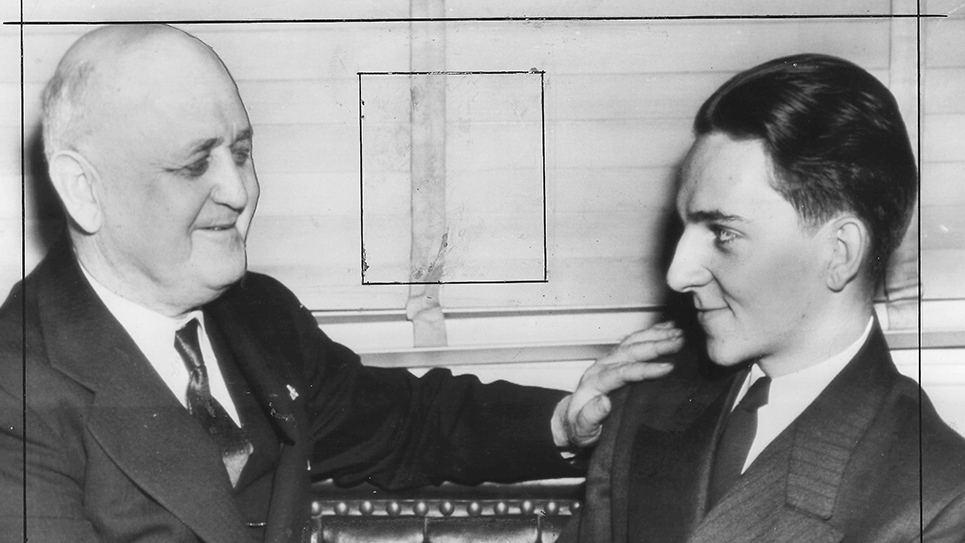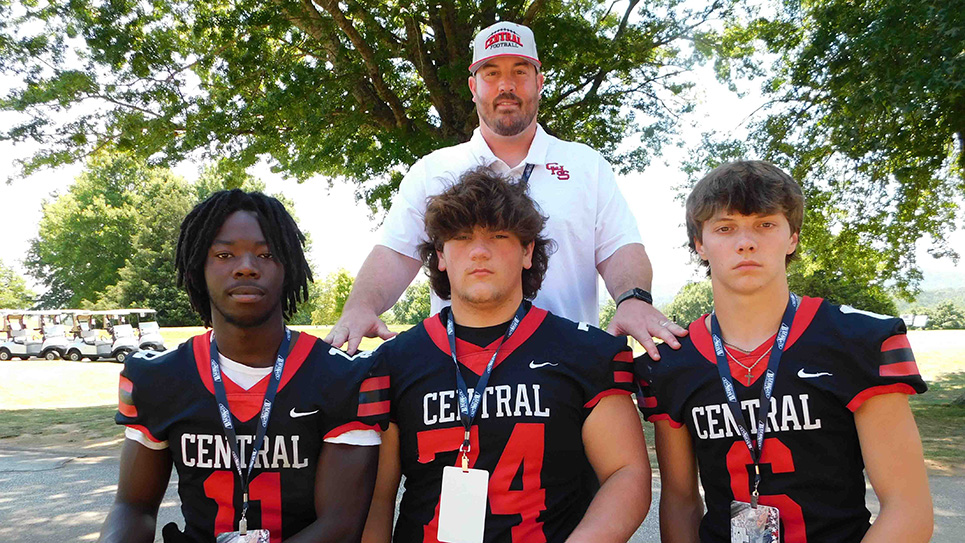He never had a childhood
By Joe Rector
Our dad passed away in 1965. For the last 58 years, Jim and I have been without a father. No, we don’t whine about it, nor have we ever used it as an excuse for misbehavior or bad decisions. Still, that’s a long time ago, and I sometimes fret that I don’t remember him correctly. I hope I never have a second that I can’t recall his image or his way of doing things.
I’ve come to one conclusion my dad didn’t have such a good life. He quit school after the sixth grade to go to work to help with the family. I’m not sure what my grandparents did to contribute to the household income. At some point, my grandfather worked as a janitor at the same plant where Daddy worked. The man died when Jim and I were 5, and from what vague memories I have of him and the stories I’ve been told, he seems to have lacked the moral courage to make him a better man.
Dal Rector never had a childhood. He was too busy working to help his family get by. He was a Depression child and knew what going without was like. He never played ball, shot baskets or hung out with friends. Nope, Daddy had to work. He worried about his parents and brother and sister; my grandmother told me once that the man worried all his life and told her that he would die at an early age.
Daddy joined the army at some point in his life. He wasn’t a “boots on the ground” type of man. Instead, he was assigned to the mess hall and served as a cook. The story isn’t a glorious one in comparison to the ones told by soldiers returning from World War II. Yet, he would tell us that his job led to special things. The staff would cook and serve the soldiers that came through. Then, they’d go to the back, cook up steaks, and eat like kings. That sounds like a good deal to me.
He and mother built a house in the 1940s. After work, they traveled to the country where the land was located. Together, they made the blocks for the entire house. People stay exhausted after a day’s work; my parents worked their shifts and then spent hours in construction labor.
Money was tight in our family, especially when Mother and Daddy didn’t know twins were on the way until we arrived. I remember Daddy and a green coffee cup and an ashtray beside him at the kitchen table. He took out a small notebook he kept in his pocket and “figured.” For a man with no formal education, he could plan a budget to make sure everything was paid each month. I’ll never know how my parents could pay the bills and then find a way to buy orthopedic shoes for Jim and me and pay for braces to push my teeth back into my mouth.
Daddy went on one vacation with us to Florida. The rest of the time, he stayed at home and worked when we took off for our annual week in the Smoky Mountains.
The man was too serious. His eyes usually had a sad look as if he were carrying the weight of the world on his shoulders. After one doctor told him he had allergies and a stomach problem that kept him sick, Mother sought the opinion of another physician. He immediately declared that Daddy suffered from terminal lung cancer. The last year and a half of his life was one of pain and misery and worry. He wanted to make sure his family would be okay after he was gone.
The answer was that we weren’t fine, but we did survive. Life was doubly hard on Mother. She had double duty with teaching and taking care of us, and she also had a couple of more years of school at night and in the summer to finish her degree.
He only sometimes looked happy, and when he did, his green eyes twinkled, and a small smile appeared. I hope that my dad found some peace and happiness in the next life. He and mother might have time to just enjoy being now. I’d like for him to have been around longer so I could have known him better. One of these days, I’ll meet him again, and we can make up for lost time in a place where time doesn’t exist. I’m in no hurry to go because I love being with my family, but I won’t fear the time when leaving arrives. Those whom I love will be ready to greet me.






